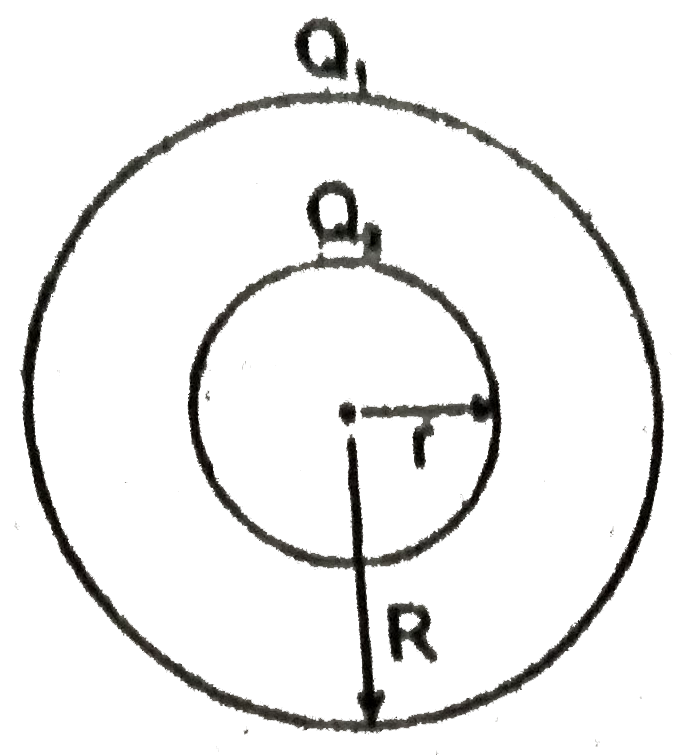R.Q. would depend upon
Nature of enzymes
Nature of substrate
Amount of CO2 released
Amount of O2 utilised.
The correct Answer is:B
Step-by-Step Solution:
1. Understanding RQ (Respiratory Quotient):
- RQ is defined as the ratio of the volume of carbon dioxide (CO2) produced to the volume of oxygen (O2) consumed during respiration.
- Mathematically, it can be expressed as:
RQ=Volume of CO2 producedVolume of O2 consumed
2. Factors Affecting RQ:
- The RQ value can vary depending on the type of substrate being metabolized during respiration. Different substrates yield different amounts of CO2 and O2.
- For example, when glucose is the substrate, the reaction can be summarized as:
C6H12O6+6O2→6CO2+6H2O
- In this case, the RQ is 1 because the amount of CO2 produced equals the amount of O2 consumed.
3. Nature of Substrate:
- The nature of the substrate is crucial in determining the RQ. Carbohydrates, fats, and proteins have different RQ values:
- Carbohydrates (like glucose) typically have an RQ of 1.
- Fats have an RQ of about 0.7.
- Proteins have an RQ that can vary but is generally around 0.8.
4. Conclusion:
- The RQ does not depend on the nature of enzymes, the amount of CO2 released, or the amount of O2 utilized directly. Instead, it is primarily influenced by the type of substrate being metabolized.
Final Answer:
The RQ (Respiratory Quotient) would depend upon the nature of the substrate.
---
- RQ is defined as the ratio of the volume of carbon dioxide (CO2) produced to the volume of oxygen (O2) consumed during respiration.
- Mathematically, it can be expressed as:
RQ=Volume of CO2 producedVolume of O2 consumed
- The RQ value can vary depending on the type of substrate being metabolized during respiration. Different substrates yield different amounts of CO2 and O2.
- For example, when glucose is the substrate, the reaction can be summarized as:
C6H12O6+6O2→6CO2+6H2O
- In this case, the RQ is 1 because the amount of CO2 produced equals the amount of O2 consumed.
- The nature of the substrate is crucial in determining the RQ. Carbohydrates, fats, and proteins have different RQ values:
- Carbohydrates (like glucose) typically have an RQ of 1.
- Fats have an RQ of about 0.7.
- Proteins have an RQ that can vary but is generally around 0.8.
- The RQ does not depend on the nature of enzymes, the amount of CO2 released, or the amount of O2 utilized directly. Instead, it is primarily influenced by the type of substrate being metabolized.
The RQ (Respiratory Quotient) would depend upon the nature of the substrate.
Topper's Solved these Questions
- RESPIRATIONBOOK - DINESH PUBLICATION ENGLISHCHAPTER - RESPIRATIONEXERCISE - CHECK YOUR GRASP
20 Videos
- RESPIRATIONBOOK - DINESH PUBLICATION ENGLISHCHAPTER - RESPIRATIONEXERCISE - CHECK YOUR GRASP
20 Videos
- REPTILIA-CREEPING VERTEBRATESBOOK - DINESH PUBLICATION ENGLISHCHAPTER - REPTILIA-CREEPING VERTEBRATESEXERCISE - CHECK YOUR GRASP
10 Videos
- ROOTBOOK - DINESH PUBLICATION ENGLISHCHAPTER - ROOTEXERCISE - CHECK YOUR GRASP
10 Videos
Similar Questions
For a reaction N2+3H2⇔2NH3 , the value of Kc would depend upon
View SolutionIn the equation PV=RT, the value of R will not depend upon
View SolutionThe loudness of a sound depends upon the
View SolutionThe pitch and quality of sound depends upon
View SolutionA : The coordination number of ionic compound depends upon radius ratio.
R : Higher the coordination number higher will be stability.
View SolutionThe desert locust would be living in isolation or near loclality will depend upon
View SolutionTwo uniformly charged concentric spherical shells of radius R and r, are given charges Q1 and Q2 respectively. If their potential difference is V, then it will not depends upon:

View SolutionAverage power in the L-C-R circuit depends upon
View SolutionProtein quality depends upon
View SolutionThe radius of gyration of a body depends upon
View Solution
